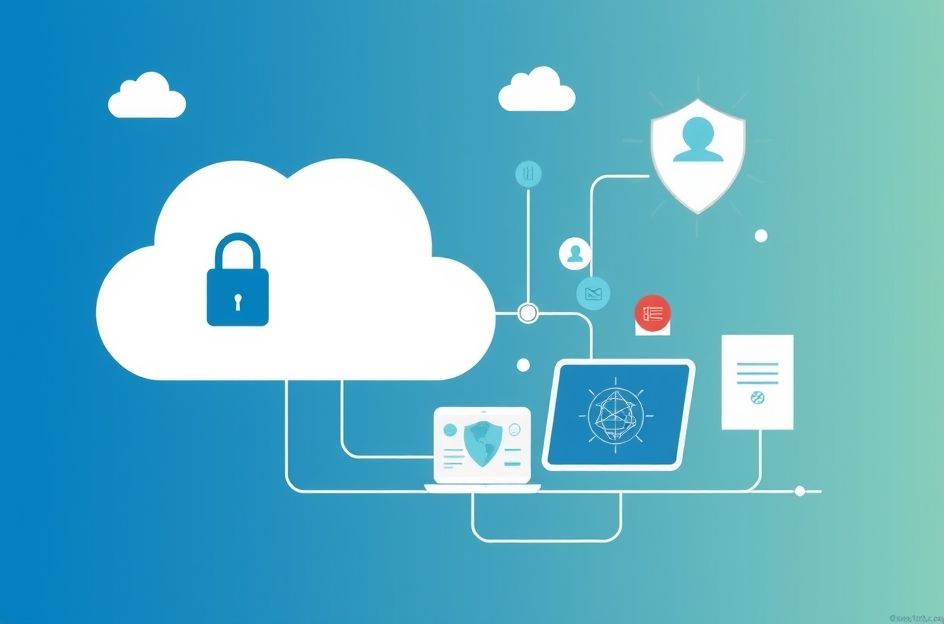Introduction to Advanced Cloud Security Posture Management
In the rapidly evolving landscape of software development, mastering advanced techniques in cloud security posture management has become essential for building robust, scalable applications. This comprehensive guide explores cutting-edge approaches and best practices that experienced developers use to create high-performance solutions.
Core Concepts and Fundamentals
Understanding the fundamental principles behind cloud security posture management is crucial for implementing advanced techniques effectively. Let's explore the key concepts that form the foundation of modern cloud security posture management development.
Architecture Patterns
Modern cloud security posture management implementations rely on proven architectural patterns that promote maintainability, scalability, and performance. These patterns have evolved through years of industry experience and provide reliable solutions to common challenges.
Implementation Strategies
When implementing advanced cloud security posture management solutions, several strategies can significantly improve both development efficiency and application performance.
Performance Optimization
Performance optimization in cloud security posture management requires a systematic approach that addresses multiple layers of the application stack. Key areas include:
- Efficient algorithm selection and implementation
- Memory management and resource optimization
- Caching strategies and data access patterns
- Asynchronous processing and parallel execution
Scalability Considerations
Building scalable cloud security posture management solutions requires careful planning and implementation of patterns that support growth. Consider these approaches:
- Horizontal and vertical scaling strategies
- Load balancing and distribution techniques
- Database optimization and sharding
- Microservices architecture patterns
Best Practices and Guidelines
Following established best practices ensures that your cloud security posture management implementations are maintainable, secure, and performant.
Code Quality and Maintainability
Maintaining high code quality is essential for long-term project success. Key practices include:
- Comprehensive testing strategies and coverage
- Clear documentation and code comments
- Consistent coding standards and style guides
- Regular code reviews and refactoring
Security Considerations
Security should be integrated into every aspect of cloud security posture management development. Important considerations include:
- Input validation and sanitization
- Authentication and authorization mechanisms
- Data encryption and secure communication
- Regular security audits and updates
Advanced Techniques
Experienced developers leverage advanced techniques to solve complex problems and optimize performance in cloud security posture management applications.
Optimization Strategies
Advanced optimization techniques can significantly improve application performance and user experience. These strategies require deep understanding of the underlying systems and careful implementation.
Integration Patterns
Modern applications rarely exist in isolation. Effective integration patterns enable seamless communication between different systems and services.
Future Trends and Considerations
The field of cloud security posture management continues to evolve rapidly. Staying informed about emerging trends and technologies is crucial for maintaining competitive advantage.
Emerging Technologies
New technologies and approaches are constantly emerging in the cloud security posture management space. Understanding these trends helps in making informed architectural decisions.
Industry Evolution
The software development industry continues to evolve, bringing new challenges and opportunities. Adapting to these changes requires continuous learning and skill development.
Conclusion
Mastering advanced cloud security posture management techniques requires dedication, practice, and continuous learning. By following the strategies and best practices outlined in this guide, developers can build robust, scalable, and maintainable applications that meet modern requirements.
The key to success lies in understanding the fundamental principles, applying proven patterns, and staying current with industry developments. As technology continues to evolve, these foundational concepts will remain valuable for building effective solutions.
